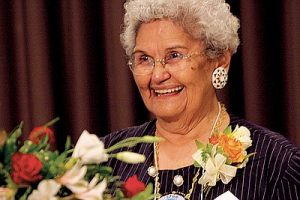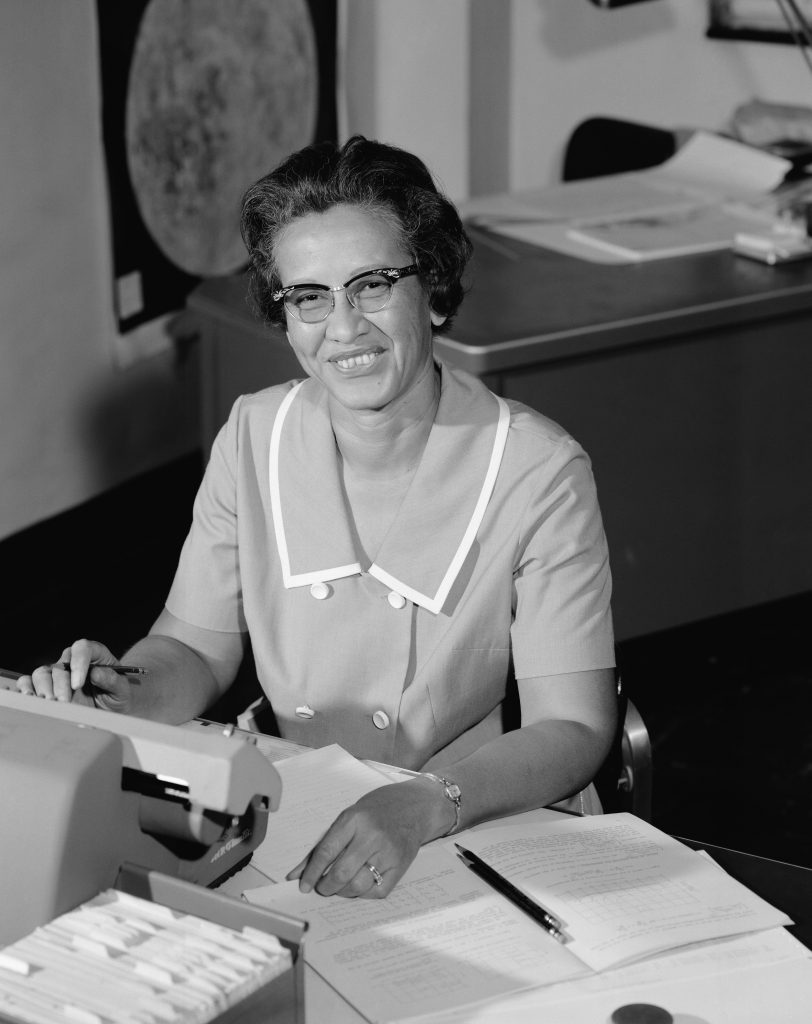 Kathryn Jones Harrison has a lot in common with Leticia Carson and Bessie Coleman. Like them, she has a Corvallis school named after her. Also like them, she is a woman of color who was chosen to replace a white man for whom the school was formerly named.
Kathryn Jones Harrison has a lot in common with Leticia Carson and Bessie Coleman. Like them, she has a Corvallis school named after her. Also like them, she is a woman of color who was chosen to replace a white man for whom the school was formerly named.
But in Harrison’s case, there’s one big difference: as of this writing, she is, at the age of 98, still alive.
And what a long, incredible journey it’s been.
When Harrison was born in 1924, Native Americans like her were not even considered American citizens. Although the Fourteenth Amendment of 1868 had declared all persons living within the United States to be American citizens, it took the Indian Citizenship Act to actually give Harrison any rights the government was bound to respect.
At the age of ten, Harrison lost her parents to a flu epidemic; sent to an abusive foster home in Buxton, Oregon, she was mistreated until she fled to the Chemawa Indian Boarding School in Salem. At that time, the purpose of “Indian Schools” was primarily to assimilate Native American by forcibly removing them of connections to their ancestral languages, cultures, and identities. Trained to work as a servant for white families, upon graduation, Harrison chose instead to run away and marry a classmate, Frank Harrison, and travel with him as a migrant agricultural worker. They lived in abject poverty, but Harrison stayed in touch with her Tribe as they tended crops all over the western U.S. All the while, she made sure all ten of her children were enrolled in and stayed connected to their Tribe, which provided them access to Tribal health care and education services.

Tribal enrollment meant nothing, however, after the passage of Public Law 588 in 1954. The Western Oregon Indian Termination Act was part of a 1950s policy which saw Tribal status as a barrier to assimilation into American society, and stripped many Tribes of federal recognition. The Harrisons each received a $35 check as “final compensation” for everything that had been taken from them, and they lost the health care and education services that had meant so much.
In 1974, Harrison divorced her husband – whose turn to alcoholism drove her decision – and went on welfare, which enabled her to attend Lane Community College, become a nurse, and work at Samaritan North Lincoln Hospital. She also became active in the community of the Confederated Tribes of the Siletz Indians, and was elected to the Tribal Council. In 1976, she testified before Congress as part of a successful effort to restore legal recognition to the Siletz, and then moved to her father’s Tribal home, the Confederated Tribes of Grand Ronde. She took part in efforts to regain their official recognition, which was successful in 1983, and served in various positions on the Tribal Council at Grand Ronde over a two-decade period. With her help, the Tribe gained not only federal recognition, but land, which many Tribes still don’t have. She worked to get the Reservation Restoration Act of 1988 passed, which ensured that many dispossessed Tribes were granted small portions of the ancestral lands that had been taken from them. In 1995, she took part in the founding of Spirit Mountain Casino, one of the most profitable reservation entertainment centers in the Pacific Northwest, and made sure that a portion of its profits went into the Spirit Mountain Community Fund.
Besides having a Corvallis school renamed for her, Harrison has received many other honors over the course of a long life and a distinguished career, including an honorary Doctorate in Humane Letters from Portland State University, awarded in 2013, and the Oregon History Maker Gold Medal, awarded by the Oregon Historical Society in 2012. She has been the subject of a biography titled Standing Tall by Kristine Olson, former U.S. Attorney for the District of Oregon.
According to a recent Smoke Signals article, a Corvallis School District event that was originally scheduled to take place on Thursday, April 14, to honor Harrison has been postponed tentatively to May 5. Beth Martin, the principal of Kathryn Jones Harrison Elementary, said the event will be held outdoors for students and others in the school community.
By John M. Burt
Correction: In our original article, the wrong photo was included. This has been fixed.
Do you have a story for The Advocate? Email editor@corvallisadvocate.com


